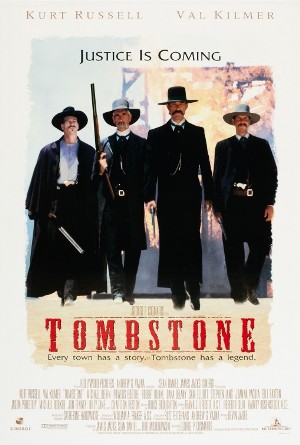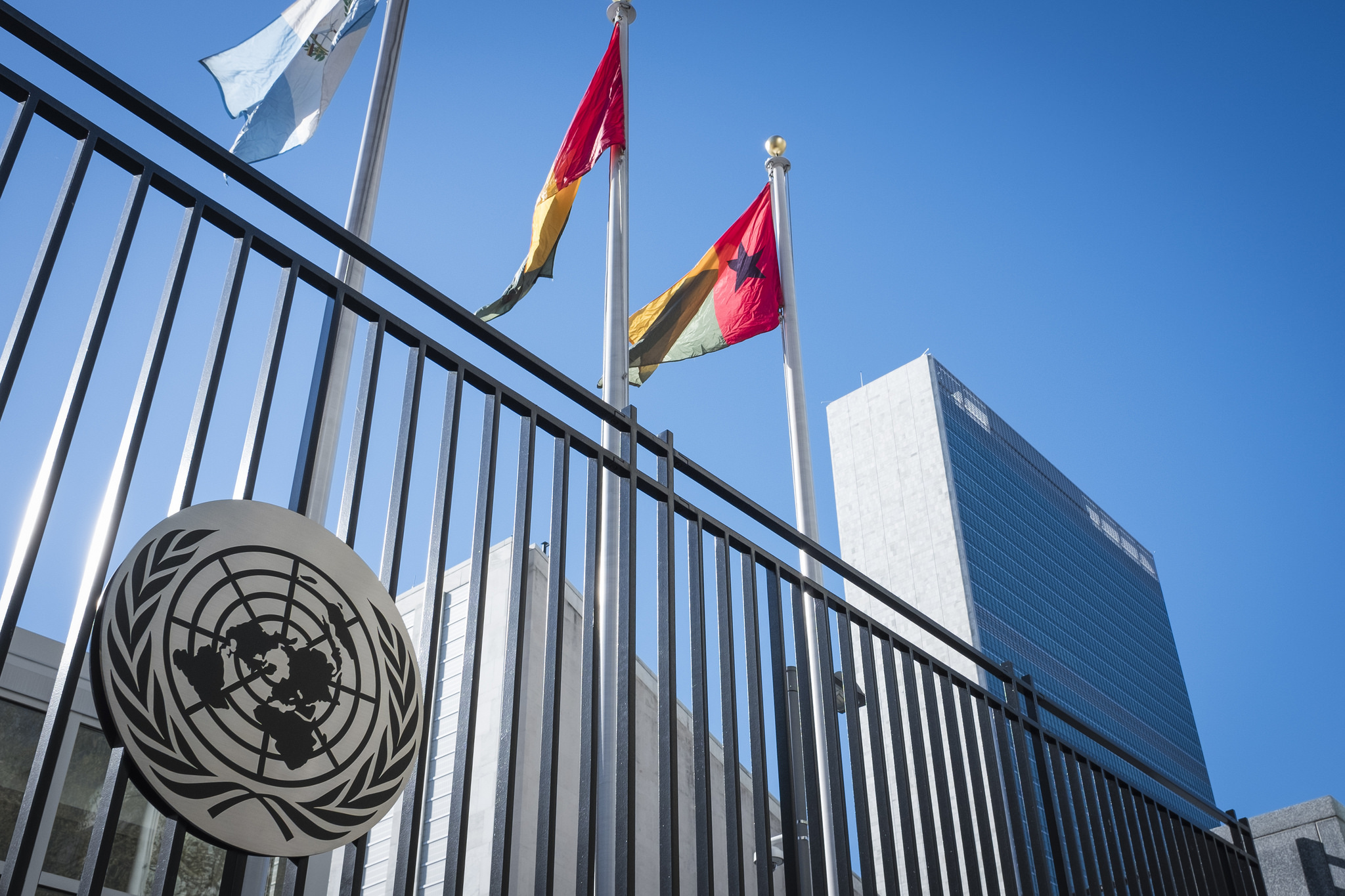
Do you remember the movie Tombstone? Where Wyatt Earp and co. take on the band of outlaws known as the Cowboys (the gunfight at the O.K. Corral, etc. etc.)? Well, there’s a scene where Earp’s love interest, Josephine, protests the killing of her friend by members of the gang. The brutality disgusts one of the Cowboys and moves him to defy the leader, Curly Bill, saying, “I’m sorry, sir, but we got to have some law.” Unfortunately, this reformer acted alone and paid with his life. Still, the scene nicely illustrates divisions within the group and changing ideas about violence.
In my research I have documented a similar dynamic among rebel groups in modern civil conflicts. In a recent article, “Nudging Armed Groups: How Civilians Transmit Norms of Protection,” I show through interviews I conducted with former FARC fighters in Colombia (and evidence from Syria) how civilians attempt to rein in armed groups and get them to respect their rights, in some cases more effectively than international humanitarian organizations. By acting nonviolently and from the bottom-up, civilians can instigate norm shifts, or what Thaler and Sunstein (2009) call proactive “nudging”: engaging in protests that encourage the more ethical but timid fighters to speak out, upset the balance of power within the rebel group, and reset the group’s default attitudes toward using violence.
The civilian nudging process challenges the Red Cross (ICRC) and other humanitarians to do more to get non-state belligerents in “ungoverned spaces” to abide by International Humanitarian Law. It also challenges civilians in conflict settings to learn about their rights and stand up for them. And, perhaps most importantly, it shows that rebel groups are neither monoliths nor consigned to a downward spiral of abusive behavior — that even opportunistic groups can be “nudged” to reform.
I published my article in the new journal, Stability: International Journal of Security & Development as part of a special issue on “Surviving Violence: The Politics of (Self) Protection” (shout-out to issue editors Carla Suarez and David Black of Dalhousie University). For you prospective authors out there, Stability accepts manuscripts on topics of, well, “stability”: “peacekeeping, state building, crime prevention, development cooperation and humanitarian assistance, addressing conflict” etc.
The journal is novel in several ways:
- It’s “open-access,” so everyone can view it. No need for a journal or library subscription. This not only means your Mom can read your article straight off the web (well, let’s face it, she’d read it anyway), but so can policymakers and other readers who don’t normally subscribe to academic publications.
- It’s online only. I mean, seriously, who reads printed journals these days anyway? As you can see from the Nudging article, even though it’s only published electronically, Stability still produces a really clean-looking, journal-formatted pdf article.
- The editorial process is quick and rigorous, with a full peer review. They also draw on a great board of renowned international scholars. The journal takes manuscripts of different lengths, from op-eds, to Foreign Affairs-type essays, to full-blown research articles.
So, check out the article, check out the journal….
The nudging of armed groups can be difficult to observe, but with any luck, the larger research community will conduct follow-up studies on “looking for nudges.” And, if that’s the case, I’ll have done my job.






4 comments
This is all fine and well, but I’d rather see you skin that smoke wagon and see what happens…
I’m you’re huckleberry?
Is there any other articles in the general area of conflict/peace studies that also use or touch on Behavioral economics?